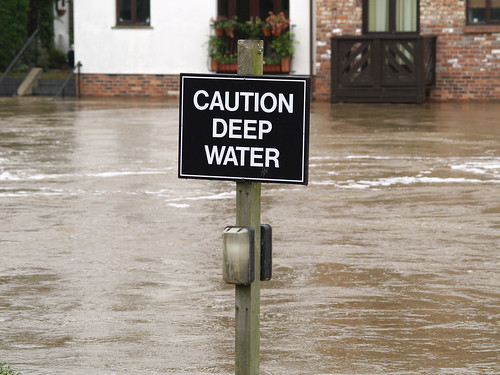In an age of austerity, when household incomes have dropped for the first time in a decade, anything that adds to household bills is unwelcome. However, with the publication of the Government’s Electricity Market Reform Policy Overview earlier this month, it looks likely that consumers will see a sharp hike in their energy bills over the next few years.
Some politicians have laid the blame at the door of overzealous pursuit of the green agenda to quote one- “we know that a decade of environmental laws and regulations are piling costs on the energy bills of households”
These comments draw rebuttals from the usual suspects, but is there any truth behind these assertions?
1990 the UK Government privatised the UK Electricity Supply Industry in England and Wales, a stable policy environment followed by similar measures led to a full deregulation by 1998, making the UK a pioneer in electricity deregulation.
UK policy, such as it was, could be referred to as ’sweating the assets’. Our power stations provided affordable electricity, fuelled by relatively cheap coal and gas. Electricity and gas prices stayed low, and everyone was happy.
Needless to say this state of affairs was too good to last. Our infrastructure – power stations, and transmission networks – is now crumbling. More than 40% of our power plants will close within the next ten years.
For those of you in touch with their inner geek www.industcards.com has wonderful “Top Trumps” style pictures of UK power stations and I challenge you to find a coal fire station built after 1973.
It is against this backdrop that, in 2009, Ofgem undertook Project Discovery, which was an effort to map out the scenarios for delivering the UK’s future energy requirements. Central to this challenge was a ‘trilemma’ – how to make our energy future sustainable, affordable and secure.
On their own, any one of these goals is relatively straightforward however, the imperative to deliver all three is going to define energy prices for the coming decade and beyond.
At present the UK vision for the future of energy is dominated by renewables, with baseload provided by a backbone of nuclear and “clean coal”. However, there are a number of problems associated with this approach.
1. Renewables need balancing plant- gas, nuclear or coal and investment in smart grid technology.
2. The lead-in times for coal and nuclear power stations (generally in the order of 10-15 years ) mean that we should start planning and building these now- and the planning hurdles facing developers are huge.
3. Ofgem based their modelling on an assumption that peak demand will remain at around 60 GW. But it is clear that the UK’s net population is set to rise, electric cars ownership will increase, and the gadget count in homes is only going to rise.
It is therefore highly likely that the short term will see a second “dash to gas”, particularly as fracking appears to offer a tempting solution to energy security.
Industry analysts seem to universally accept that ‘raw’ energy prices will rise in the long term as a result of increasing demand by countries such as China and India. As a result some models predict that retail electricity in the UK will be as much as 40-50% higher by 2017.
Against this it is estimated that at present “green tariffs” comprise about 2% of energy bills, though the current policy trajectory means that this is likely to rise to 4% over the next few years.
Whilst it could be argued that any additional burden on businesses or consumers is unwelcome, on the plus side, this money is re-circulated into direct investment into UK energy generation (through Renewable Oblication Certificates and other measures).
This raises two interesting questions- firstly with the energy industry in the UK dominated by six large companies, is too much profit going overseas at the expense of investment in UK infrastructure? And secondly is there a case for re-regulation of energy markets- rewarding companies for generating capacity and punishing those who fail to invest?
Ultimately, it is difficult to force companies to invest- and the woeful state of UK energy policy as well as continuing uncertainty regarding the fiscal and legal environment act as powerful deterrents to desperately needed investment.
Our rising energy prices are unfortunately, the result of the same type of short sighted policy environment which gave us the credit crash and the world recession. We did not invest in our assets and we took easy “credit” in the form of low energy prices for the best part of two decades, we are now paying the price.
Politicians may hold views on windmills but, regardless of the technology used, the UK is tilting against giant problems- investment in in energy supply and generation infrastructure is unavoidable, and inevitably the costs will be passed on to the consumer. Whilst, the optimists- whichever side of the climate fence they sit on- may see this as an opportunity for investment and growth, we will have to brace ourselves for the long term reality: Lighting our homes and powering the economy is going to cost much, much more in the years to come.







